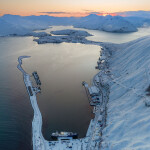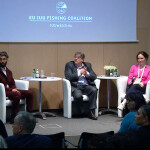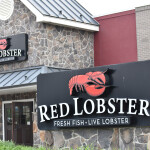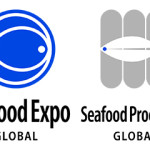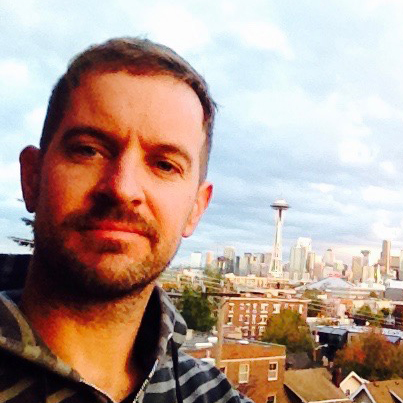Victoria, British Columbia, Canada-based Tradex Seafoods has achieved a longtime goal of sourcing 100 percent of its seafood products from sustainable sources.
The company's goal, set four years ago, was to purchase only products certified by the Marine Stewardship Council, Monterey Bay Aquarium Seafood Watch, Ocean Wise, or FishChoice for its SINBAD retail line and custom-packed products sold through the company’s private-label line.
Tradex President and CEO Rob Reierson told SeafoodSource that reaching a perfect score was a massive, labor-intensive undertaking. It meant tracking every pound of seafood – a herculean task for a company that moves around 40 million pounds of frozen products annually.
“In terms of man-hours, we have at least one full-time person on it every day, maybe one-and-a-half," Reierson said. "When you’re a multinational company, collecting your own data is not an easy task. We’ve been collecting our data based on our purchases and reviewing everything in terms of sustainability since 2017.
In 2018, Tradex achieved an 89 percent sustainability score, and in 2019, the percentage of its products certified as sustainable rose to 98 percent, according to data released on Thursday, 29 April, by the company.
Tradex IT and Digital Media Manager Michael Ho told SeafoodSource that the most important step in the traceability process comes at the point of harvest.
“It starts from the beginning, making sure the raw materials are from a sustainable fishery, and then keeping the chain of custody all the way through. Sometimes it’s very complicated but it’s something you have to do to ensure the integrity of the whole process,” Ho said. “It’s quite a bit of auditing and tracking. We’re tracking basically every pound of seafood through production, so everything can be traced back to exactly what raw materials were used. It’s quite a big accomplishment."
Reierson said the rigorous standard puts extra importance on strong relationships in the industry - relationships he has been developing since he started Tradex in 1991.
“We have to have really strong partnerships all the way down the line, from fishing vessels on down. But more than anything, we have to have complete confidence in our manufacturing partners. We have to have complete transparency with them, which is not easy to achieve,” he said. “We’ve been able to do it because we have some great partners. Everybody is trying to reach the same goal, but it’s just a matter of being responsible for it.”
The scope and diversity of Tradex’s business can make tracing products difficult. Products sold by Tradex include Atlantic cod, chum salmon, haddock, Pacific cod, Pacific halibut, pink salmon, pink shrimp, pollock, rock sole, tilapia,and yellowfin sole. Tradex’s products come from around the world, with sourcing from Alaska, Seattle, and New England in the U.S. and as far away as China and Vietnam internationally. Of the total, 97 percent was certified by the Marine Stewardship Council (MSC).
The multinational nature of Tradex’s business created challenges to the company's sustainability goals, particularly in regard to Russia, according to Reierson, who said Tradex buys cod, pollock, and salmon from Russian suppliers.
“Russia has such different boundaries for their sustainability, for MSC and non-MSC. You have to really be cautious with what you’re doing there,” Reierson said.
Not only is it important to pay attention to international variation in sustainability guidelines, but Tradex has to keep up on which fisheries may be letting their MSC certification lapse.
“We audit every plant we work with. We have our own international QC department with Tradex employees that audit facilities. If we can’t audit them ourselves, we have a third party do it,” Reierson said.
Reierson said the audits amount to an in-depth investigation into the purchasing details of the processing plants.
“We believe in the environment and we believe in the biomass and we believe in the fisheries. We need them to be here for a long time, so for us this kind of stuff is just second nature now,” Reierson said. “A buyer cannot buy anything from us now unless it’s from a sustainable resource.”
Looking forward, Reierson said Tradex will pursue additional environmental goals in 2021 and beyond, including lowering and offsetting its carbon emissions and minimizing packaging waste. It also has introduced its Sinbad Platinum Ultra line of value-added, U.S.-sourced products, which includes fresh-frozen Bristol Bay sockeye, as well as cod, haddock, pollock, sole, and farmed Atlantic salmon, all skin-packed and available with a variety of flavoring options.
Photo courtesy of Tradex

